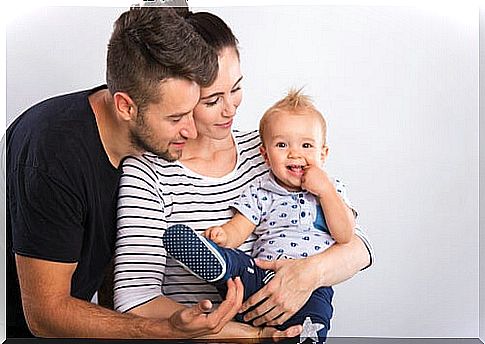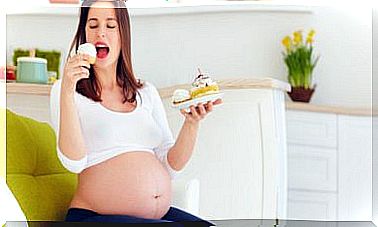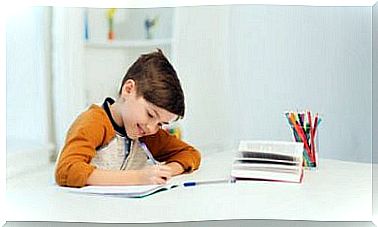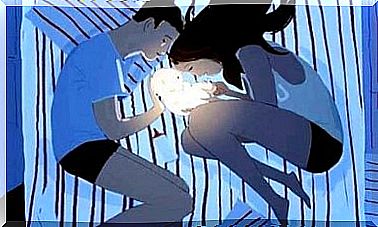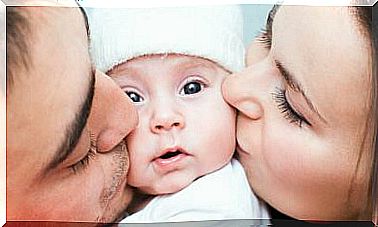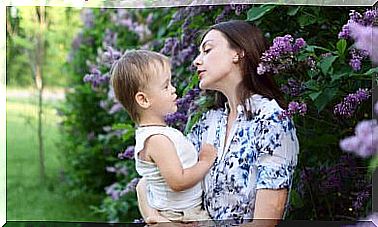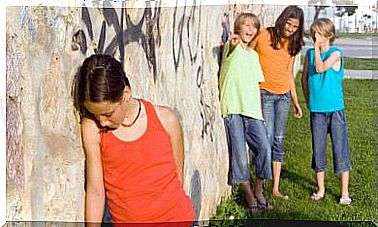Helicopter Parents And The Impact On Children
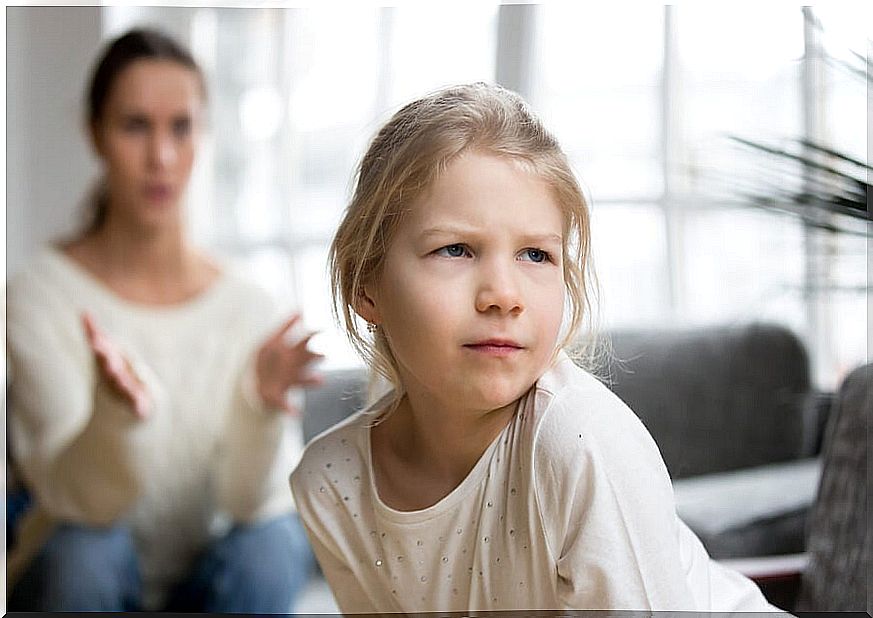
It is not a ‘fashionable’ term or invented for magazines, although its popularity has been increasing in recent times. In this article, we will tell you about helicopter parents and the impact on children.
What are helicopter parents?
In the days of our parents or grandparents, children were not taken into account when making decisions or expressing their opinions. They were provided with education, food and clothing but, especially the parents, were not continually behind them so that nothing happened to them.
The term ‘helicopter father’ emerged in the late 1960s, when a writer said that his mother flew over him like a helicopter. Already in the new millennium, this appreciation was recovered to refer to an increasingly widespread phenomenon among middle-class families in developed countries.
Basically, helicopter parents are those who care excessively about their children and their relationship with them becomes toxic. It is a ‘parenting model’ in which the parents are hyper-protective and, in an effort to ‘help’ the little ones, they solve their problems and make all their decisions.
Helicopter parents are always behind – or in the immediate vicinity – of their children to be able to ‘rescue’ them from any danger that arises. Of course, the notion of ‘dangerous situation’ is quite subjective: everything can be bad or harmful.
How to identify these parents?
Some characteristic attitudes of this type of parent are the following:
- They speak in the plural: they say, for example, “How many homework has the teacher given us!”
- They hyperstimulate children: they fill their agenda with extracurricular activities.
- They have their children in a ‘glass bubble’ to prevent them from hurting or suffering.
- They please their little ones in everything, even if that requires a great sacrifice on their part, be it money or time.
Why do some parents act this way during parenting? There may be several reasons, such as perceiving the child as their ‘most valuable possession’, for the social pressure they have to be ‘good parents’ or even for social competitiveness, in which people must be very well prepared to achieve better positions.
And of course, we cannot put aside the uncertainties, fears and insecurities that these parents feel. All these feelings are transferred to the little ones through excessive care.
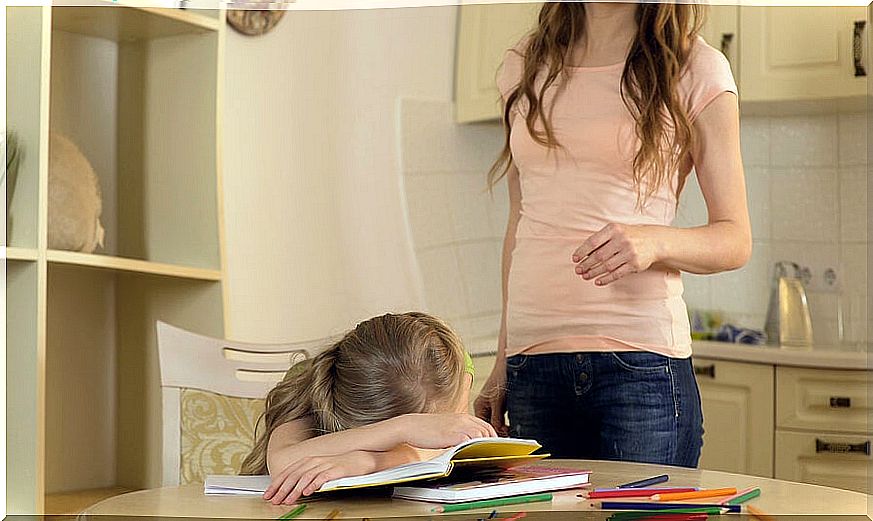
Helicopter parents and the impact on children
In their defense, helicopter parents can say that they do everything because they love their children and do not want anything to happen to them. However, they do not realize that this attitude turns incompetent and dependent children and themselves into exhausted and guilty beings.
In helicopter-style parenting, children are overprotected and controlled more than normal. The main problem lies in the emotional development of the little ones. Why? Because they don’t allow you to do anything on your own, you don’t have the freedom to express yourself or move.
Consequences of this problem in children
The main alterations that this produces in children’s behavior are:
1. They get sicker
Not only during childhood, but also in adulthood, those children with helicopter parents get sick more often. This is because ‘having them in a bubble’ reduces antibody production.
If a child does not come into contact with mud, rain or cold, his immune system is weak and he cannot cope with even a cold.
2. They think they are ‘the center of the universe’
Having parents always available makes children feel entitled to anything. This includes a toy, a good grade, or whatever comes to mind.
The problem with this thinking is that, as they get older, the frustrations will increase, especially when things do not go their way. In addition, these children are more vulnerable to depression, distress, or anger.
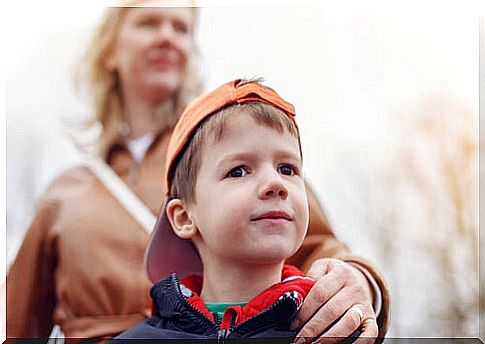
3. They cannot do things for themselves.
They ask their parents for permission for everything, even for everyday situations in which they might as well manage on their own. Also, they don’t have a lot of creativity and they won’t gain self-confidence.
Avoid being a helicopter parent by practicing ‘healthy inattention’. Nothing serious will happen to him if he falls in the park or if it takes several minutes to solve a puzzle. Allow him to make mistakes and learn from his mistakes, but stay close enough to take care of him.
